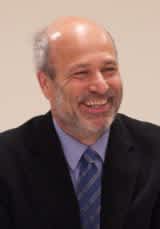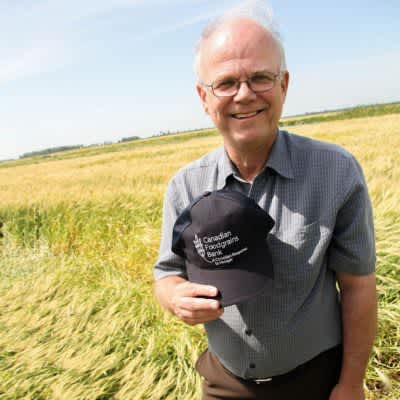Interview with Kevin Frey, CEO of Right to Play
Interview with Kevin Frey, CEO of Right to Play
This month CCIC chatted with Kevin Frey, the CEO of one of CCIC’s newer members, Right to Play!
CCIC: Right to Play harnesses the power of play to protect, educate and empower children to heal from difficult and harsh realities. Is there a particular Right to Play project or program that you believe should influence other organizations in our sector? And if so, what could others learn from Right to Play?
Kevin Frey: Right To Play’s unique approach to education, our Gender-Responsive Play-Based Learning program, is a trailblazing new initiative that will help improve the quality of education for thousands of children in Africa and the Middle East. This approach uses Right To Play’s proven play-based learning methodology, that has transformed classroom education and teacher training in many schools. This methodology has been adapted for use in teacher training curriculum documents in. In our most recent revision, our teacher training curriculum now puts the emphasis on how these creative teaching methods can encourage girls to become leaders, addressed gender-based barriers to education, and make classrooms more safe and inclusive for all students.
CCIC: What is the biggest obstacle that Right to Play has faced over the years, whether in one of your programs, within your organization or with external stakeholders (or other), and how did you master or overcome the obstacle?
Kevin Frey: One of Right To Play’s obstacles is that play has not typically been seen as an important intervention for children in difficult circumstances by many key stakeholders in development and education. However, Right To Play’s programs, research and evaluations have shown that play, and play-based approaches have a transformative impact on children. Using play-based approaches, Right To Play’s programs in Pakistan have shown significant reductions in Gender-Based Violence in the home and and in schools. Right To Play’s play-based approaches to psychosocial support have built resilience for children living in situations of chronic violence and unrest such as the West Bank and Gaza. Right To Play continues to research and build evidence for the transformative potential of play for children in many different contexts.
CCIC: Is there any organization or individual that Right to Play would like to collaborate with? And what would this dream collaboration look like?
Kevin Frey: We are interested in pursuing collaboration with Canadian and international civil society organizations that are working with the communities in Africa, the Middle East and Asia where we also work. We’ve seen that the impact on our beneficiaries can be so much stronger, our collective voice is louder and we reduce inefficiencies in the sector by working together. Our dream collaborations emphasize the individual strengths of each partner. For example, Right To Play brings a unique play-based methodology to our work that can be used to achieve a range of critical development outcomes. We want our collaborations to bring forward this unique strength, to amplify the work of our partners, while also enabling us to learn from their strengths and approaches.
CCIC: Right to Play is a fairly new member of CCIC. What influenced Right to Play’s decision to join CCIC, and how has the organization benefited from your membership?
Kevin Frey: Right To Play decided to join CCIC so that we could be better connected to the Canadian international development civil society sector. We realized that many of our goals could be better achieved by working with other organizations. We have been grateful to be able to access a coalition of like-minded organizations, facing similar opportunities and challenges in the Canadian and international landscape. We’ve benefited from our ability to have a finger on the pulse of what is happening in Ottawa and beyond, including through the CFO Working Group and the Policy Working Group. We’ve appreciated opportunities to connect with Global Affairs Canada and other stakeholders, facilitated by CCIC and we’ve also benefited from our membership with CCIC in the stronger relationships we’ve built with other CCIC member organizations.





